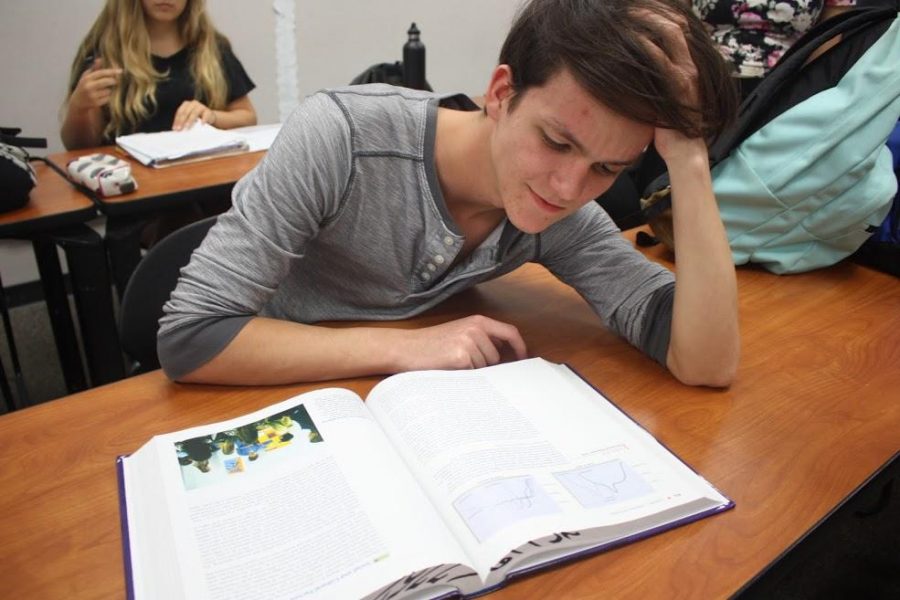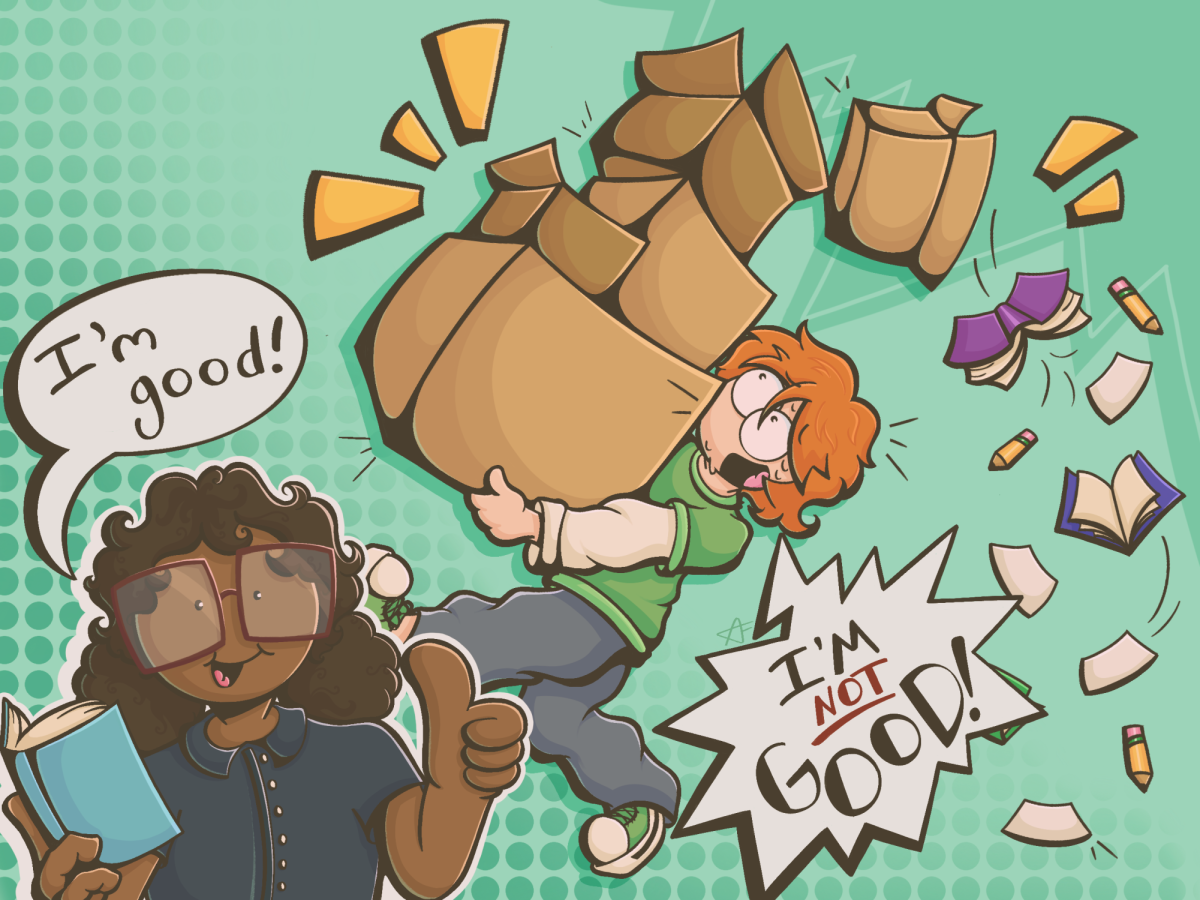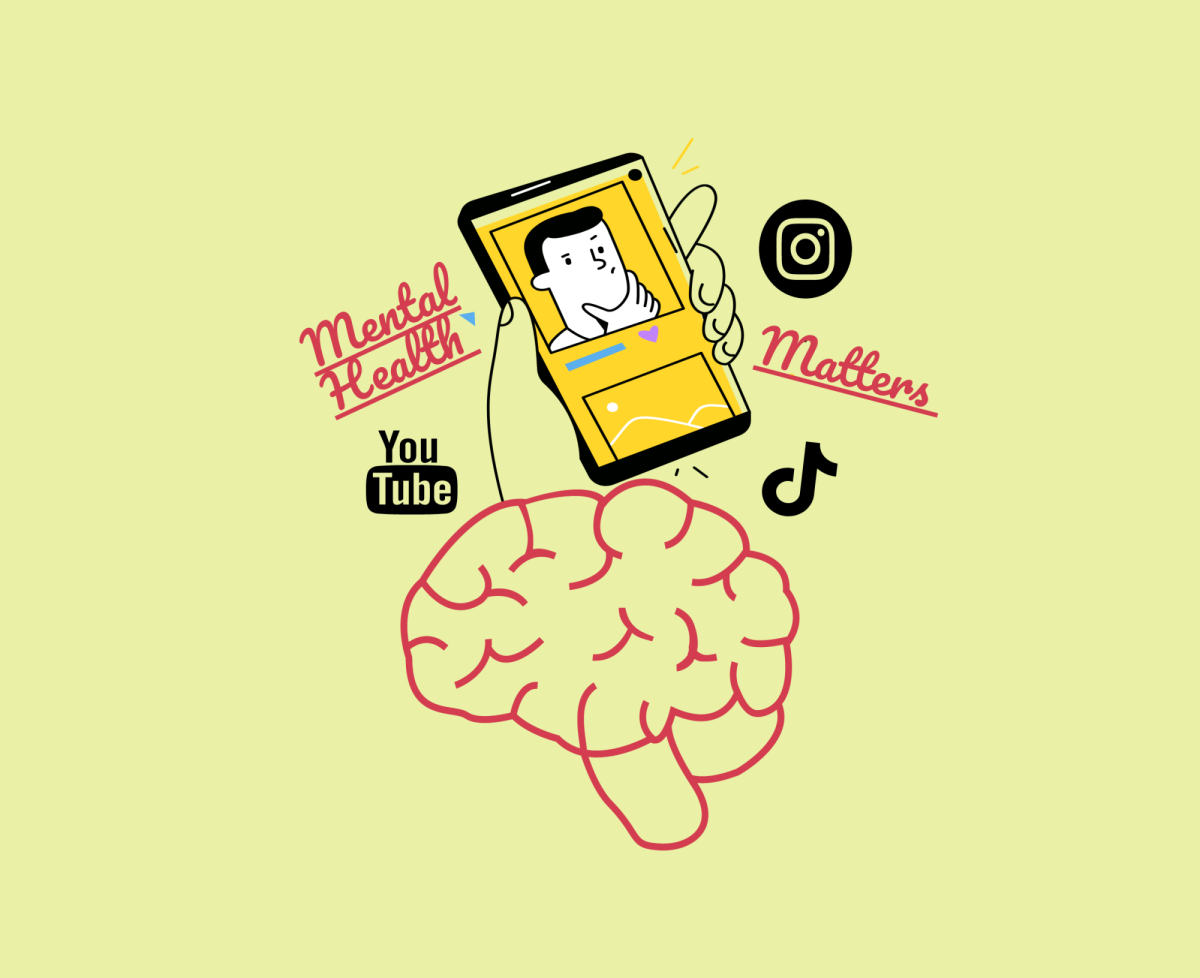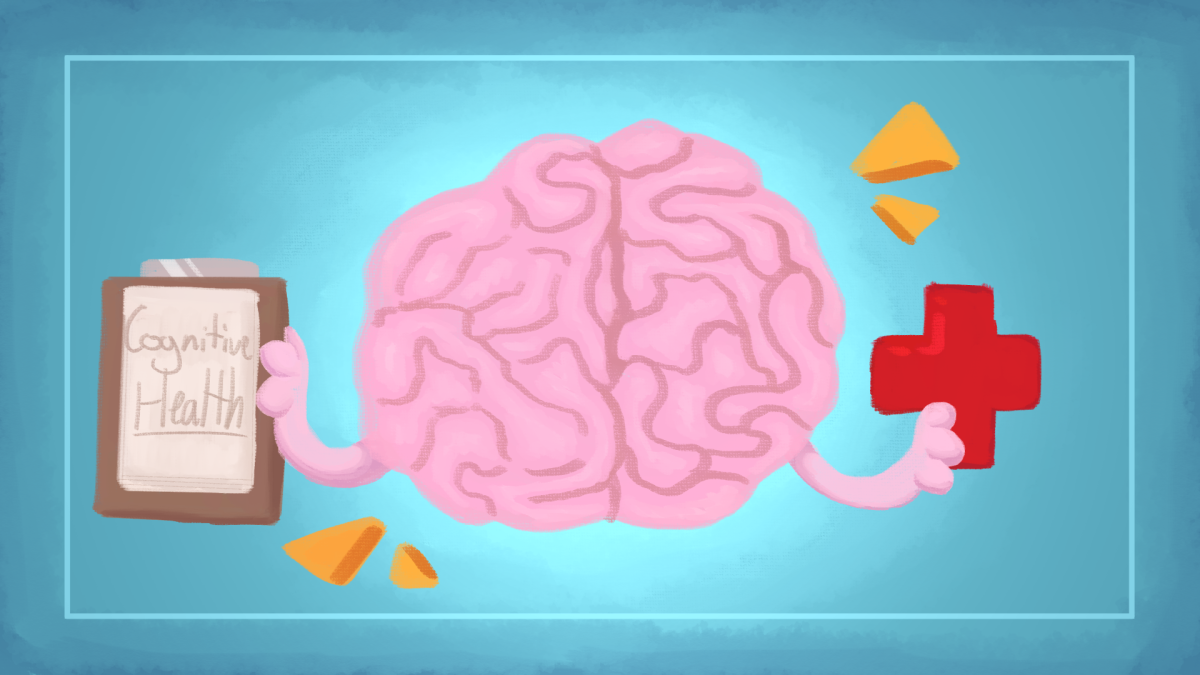Exams: the obstacles that assess the student’s understanding of a subject and determine the fate of their grade. All students experience a certain level of test anxiety, and the severity depends from person to person. Test taking can be difficult and nerve wracking, but with preparation, a student can minimize their anxiety for when the day arrives.
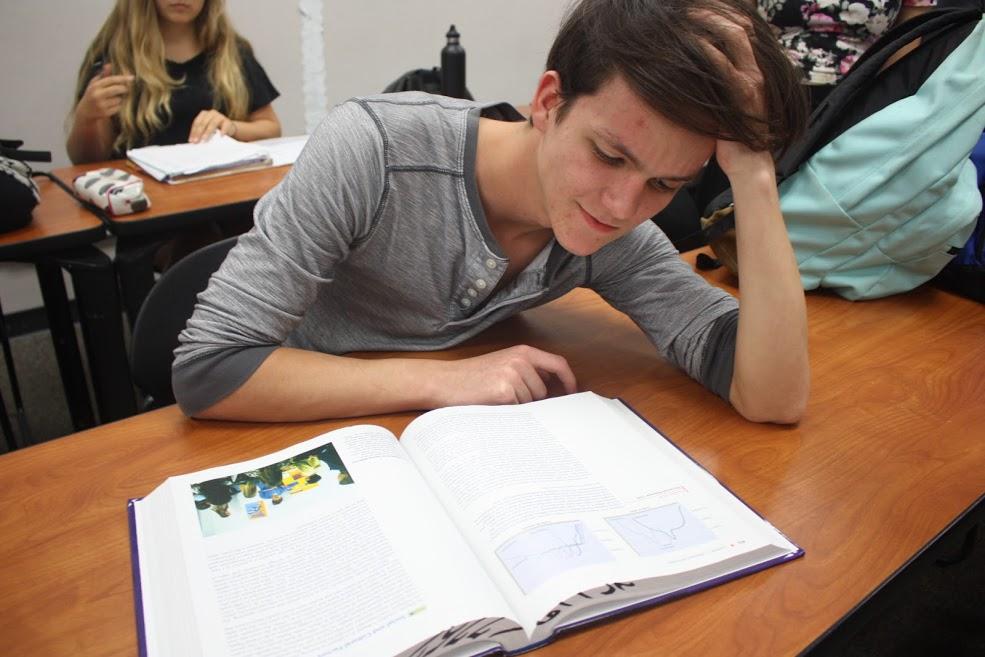
Exams: the obstacles that assess the student’s understanding of a subject and determine the fate of their grade. All students experience a certain level of test anxiety, and the severity depends from person to person. Test taking can be difficult and nerve wracking, but with preparation, a student can minimize their anxiety for when the day arrives.
When you’re sitting in class:
The most common cause for test anxiety is not being prepared to take the exam, whether it is not understanding the material being tested or not sleeping for an adequate amount of time.
“I’m also a big believer that preparation is key, and the more you’re prepared, the better,” history teacher Dan Fitz-Patrick said.
The beginning of preparation is in the classroom, and junior Emma Tan believes that paying attention and participating will assist in retaining information taught during class.
“I think pretty much just paying attention, and you don’t have to write stuff down, but as long as you’re awake and paying attention, and participating,” Tan said.
“I would say listening is more important than writing,” Fitz-Patrick said. “I wouldn’t worry about writing down all the information, I would worry about listening to what the instructor has to say.”
When you’re at home:
At home, a student may often compromise their study and review time to complete their tasks and assignments and will often not have much time to study. That’s why Fitz-Patrick recommends delineating a coherent schedule to allot time to study.
“I think at home would be the typical, like having, a set kind of plan or agenda, reading complicated text, or doing complicated math problems on any level,” Fitz-Patrick said. “[Studying] is a fine meal, and you need to be able to chew it and digest it, and savor it, and then come to it again and not panic at the end of the night.”
Also, another method that Tan uses to ensure that she understands the test material is by teaching others.
“If you can teach it to another sibling or trying to teach someone else, really helps you, because then it means that you know what you’re doing,” Tan said.
Boyd recommends utilizing the resources available online and typing notes to review them.
“There are some resources for certain subjects, Khan Academy online, and things of that nature,” said Boyd. “There a lot of teachers [who] put study guides on the wiki […], so utilize the resources that are out there.”
“What I used to do in college was take my notes, my handwritten notes, and I would type them, so they would be fresh in my mind, and when it came to a test they were very well organized too, very readable,” Boyd said.
Tan also uses online resources, specifically Quizlet, to help prepare for test day.
“Quizlet I use a lot […] it’s like a website where you can make your own tests, or you can look up other people’s tests that they’ve made, and flashcards, or different other stuff,” she said.
When you have a spare moment:
With the busy schedule of a student, it can be difficult at times to study and review for a test, but you can find times during the day to review a little at a time.
“I think if you’re playing sports or […] outside extracurricular activities, it’s kind of balancing your ‘awakeness,’ so if your biggest concern is your grade, you need to do that while you’re awake,” Fitz-Patrick said.
“Likewise, if you’re playing sports, you probably don’t want to practice when you’re half-asleep, or getting ready right before bed, as you’re not going to have your best performance, so it’s kind of finding that balance in order to be successful at all things.”
Boyd suggests reviewing class material with friends to help prepare when there is a free moment.
“I would work with a group of friends that are in the same class, and quiz each other outside of regular class hours, so they can feel more confident on the material,” Boyd said.
Additionally, Boyd also suggest reviewing notes, due to not necessarily having the text available at all times.
“The problem is often [students] don’t have a textbook with them, so you go over notes. Good note taking results in good test taking,” Boyd said.
When the day of the test arrives:
The night before test day, it is vital to go to bed early in order to be well rested for the exam. Cramming the night before will result in less information retained and more exhaustion.
[soundcloud url=”https://api.soundcloud.com/tracks/237183532″ params=”color=ff0000&auto_play=false&hide_related=false&show_comments=true&show_user=true&show_reposts=false” width=”100%” height=”166″ iframe=”true” /]
“Don’t worry about it, don’t go over it, because you should know by then, and if you don’t, then two minutes before the test isn’t going to help you,” Tan said.
“I would stand outside until the professor was actually ready to pass out the tests because I hated hearing everyone re-cram the information and discuss it, because everyone could bring up something that you did or didn’t study, that would cause that anxiety, and I knew the information so I wasn’t worried about what other people said,” Fitz-Patrick said.
Though in the end, it will be the ability to prepare that will alleviate test day anxiety.
“Just be prepared to the best you can, and if you’re not prepared, that’s probably where the anxiety is coming from,” Boyd said.


